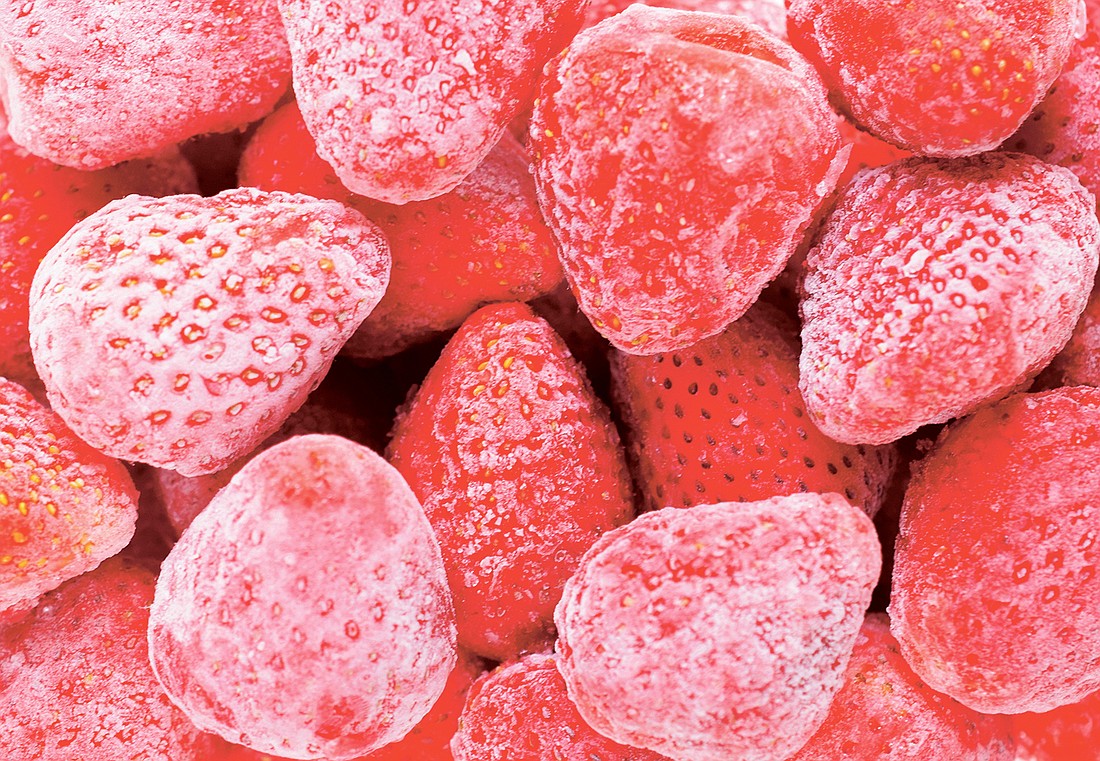- July 26, 2024
-
-
Loading

Loading

Water is the ultimate life-giver, and it plays just as big a role in our bodies as it does in nature.
Water makes up nearly 60% of our bodies and plays a huge role in our health. That’s why staying hydrated is paramount every day — and even more so in the summer, said Lisa Cooper — a registered dietitian at the Orlando Health Center for Health Improvement at Orlando Health Horizon West Hospital.
“It has so many functions,” Cooper said of water. “It’s used to manufacture neural transmitters and hormones, and it’s important for growth and reproduction, and it helps to flush waste out of the body and it helps to lubricate your joints … and all important it helps regulate your body temperature. It has so many different functions, and since it is a large part of us, just losing a little bit can have an impact on how we feel.”
There are two extremes that can really take a toll on our health: Overhydration and dehydration. The former, also known as hyponatremia, is much less common — Cooper said she had only really heard of it with endurance athletes — but nevertheless can still be dangerous. Just as with anything, too much water can be bad for your health. Too much fluid in the body can dilute the plasma sodium in your body — leading to confusion, fatigue and weakness.
Conversely, dehydration is incredibly common, Cooper said. And water loss happens through a variety of factors that you may not realize.
“You’re losing water always through breathing, coughing, sneezing and sweat,” Cooper said. “Exercise in climate plays such a big role, so people in Florida or in Orlando versus the coast are going to have different fluid requirements and losses, so you really have to know yourself.
“Thirst is a good guideline,” she said. “If you’re thirsty, your body is telling you to rehydrate. But if you have more than a 2% weight change, the effects are things like changes in mood, possibly memory, attention and definitely athletic performance.”
Another telltale sign is urine color. Cooper said it should be a straw yellow color. If it’s a darker yellow, then you’re dehydrated, and if it’s clear, then that’s a sign that you’re drinking too much water.
The proper amount of water varies depending on a variety of factors — body size, gender, health background and the amount of exercise one does. According to the U.S. National Academies of Sciences, Engineering, and Medicine, the recommended intake for men is 15.5 cups per day, while women should drink around 11.5 cups. Those amounts include the total intake — both food and liquid.
There’s also is a mathematic equation that can be used to determine how much water you need following exercise or a day working in the yard. Before the activity, weigh yourself and note your weight. After you’re done, weigh yourself again. For each pound you lost while being active, drink 16 ounces of water.
If you don’t care for water, there are other ways to hydrate, Cooper said.
“There (are) little tricks that you can play with yourself,” Cooper said. “For some people, it’s just a quantity issue — a 16-ounce water bottle seems overwhelming, so you get them a little tiny one, and sometimes that’s enough. If they don’t like water, they can put fruit or herbs (in). You can do the fruit infusions — that works for people — or lemon or lime, and (for) some people sparkling water does the trick.”
Many foods, such as celery, cabbage, radishes, watermelon and strawberries, also can hydrate.
Meanwhile, sports drinks — such as Gatorade — should really only be consumed by those who are doing long, intensive work where they need both hydration and electrolytes, Cooper said.